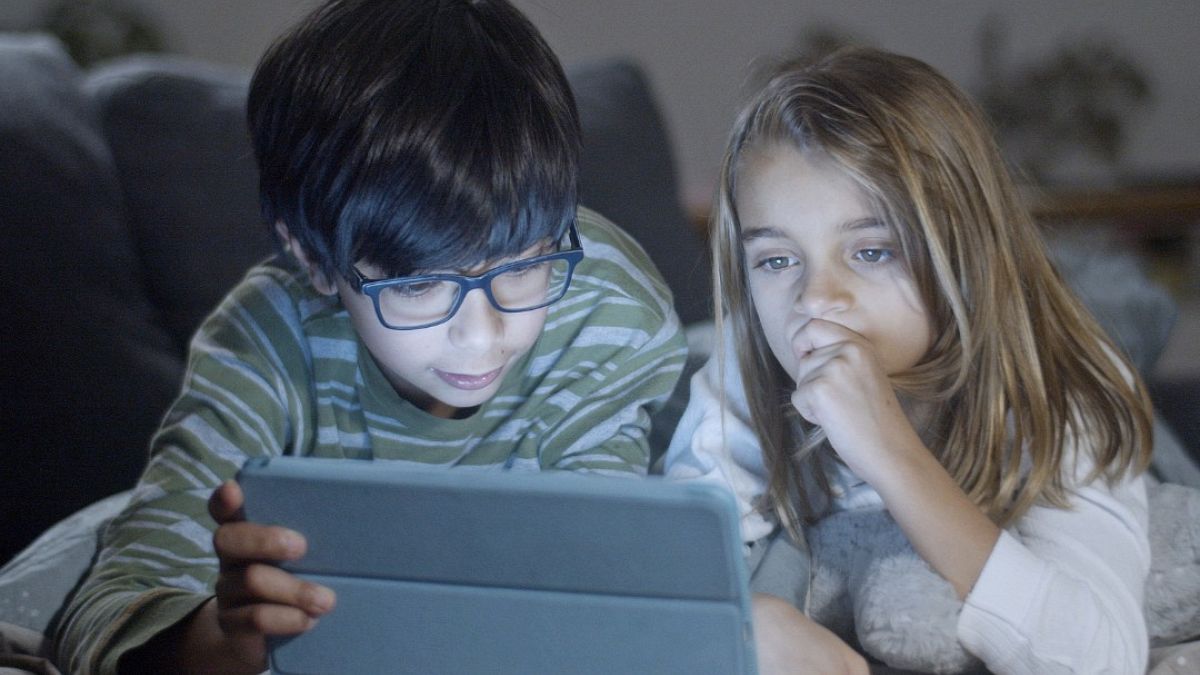

In a world increasingly influenced by technological advances, such as artificial intelligence (AI), experts and advocates are stepping forward to ensure both the protection and ethical use of this transformative technology. Amidst these developments, concerns about AI’s impact on society and its intersection with human rights have come to the forefront, leading to increasing calls for regulatory action and awareness.
As technology develops, a growing contingent of experts has expressed the necessity to protect children from the potential pitfalls of AI companionship. To navigate this emerging landscape, adults are encouraged to recognize signs of unhealthy relationships that young users may develop with AI systems. Emphasis is placed on educating children that AI platforms are inherently designed to be agreeable, thus making it crucial for them to differentiate between digital interactions and real human connections. A proactive approach to understanding AI’s workings can serve as a pivotal stepping stone toward healthier digital environments for the younger generation.
In this burgeoning discourse, artistic communities across Europe are raising their voices. A movement led by nearly 20 Portuguese artists titled #StayTrueToTheAct is demanding comprehensive regulation of AI within the European Union, emphasizing the safeguarding of copyright and artistic integrity. These artists argue for the balance between creative innovation and the protection of individual and collective intellectual property in an AI-driven era, aligning with a broader international outcry for responsible AI usage.
Beyond the realms of technology and art, the humanitarian landscape echoes similar calls for justice and care, particularly concerning individuals’ rights and freedom. In Afghanistan, the conditions of a British couple detained by the Taliban have drawn global attention. UN rights experts are advocating for their release, citing dire concerns about their wellbeing and urgent appeals to prevent potential harm. This situation underscores the broader challenges of ensuring human rights are respected within geopolitical conflicts, particularly where the international community’s role in diplomatic engagement remains indispensable.
In a different geographical context, yet equally urgent, are conditions at a detention facility in Florida, colloquially referred to as “Alligator Alcatraz.” Non-profit organizations and health experts have raised alarms over the living conditions of immigrant detainees housed there. Reports of insufficient medical care and unsanitary conditions, including being housed in tents susceptible to flooding, highlight the critical need for humane and dignified treatment of all individuals, irrespective of their nationality or immigration status. As advocates demand the facility’s closure, the call for respecting human rights reaches beyond borders, reminding global audiences of the shared responsibility to protect vulnerable populations.
In conclusion, the intersection of AI advancements and human rights challenges invites a comprehensive examination of our collective responsibilities. From the intricate dynamics of AI companions influencing children to the protection of artistic expression, and from ensuring fair treatment of detainees to advocating for those in political imprisonment, these narratives intertwine, urging a mindful approach. As society stands on the cusp of tremendous transformative potential, a vigilant, empathetic perspective on both technology and humanity will pave the way for a harmonious coexistence in this evolving global paradigm.
Source: {link}
